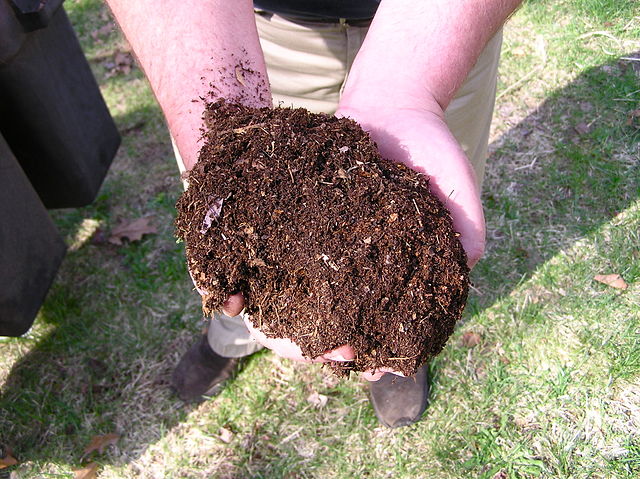Organic vs Inorganic Fertilizer
Fertilizers are substances typically used to enhance plant nutrients and are crucial to the success of farming and crop growth. These nutrients must be supplied in the right quantities for optimal plant growth, depending on the nutrient’s behavior in the soil and the crop root system’s utilizing capacity. If not provided in the correct amounts, plant growth and the quality and quantity of the yield may be negatively impacted. Fertilizers can replace the chemical elements taken from the soil by previous crops, thus enhancing the soil’s natural fertility. Fertilizers are available in organic or inorganic forms, but it is now recommended to use Integrated Farming, a new approach that obtains nutrients from both inorganic and organic sources to maintain and sustain soil fertility and enhance crop productivity.
Key Takeaways
- Organic fertilizers are derived from animal or vegetable matter and contain all essential plant nutrients, with nutrient release enhanced by the soil’s warmth and moisture levels.
- Inorganic fertilizers, also known as synthetic fertilizers, are ready-to-use and can be single-nutrient or multi-nutrient formulas that contain essential primary and secondary elements for plant growth.
- Using both chemical and organic fertilizers together can provide more benefits than applying them separately, as it increases the physical and microbiological properties of the soil and the availability of nutrients.
